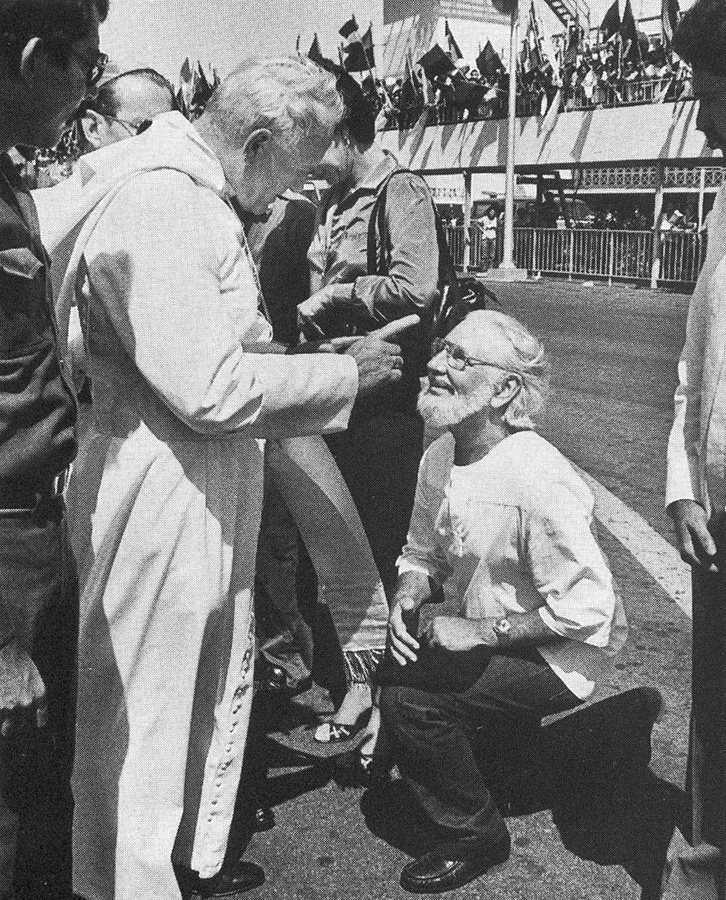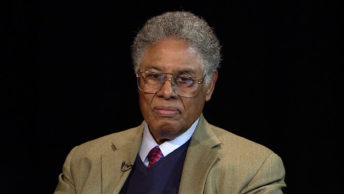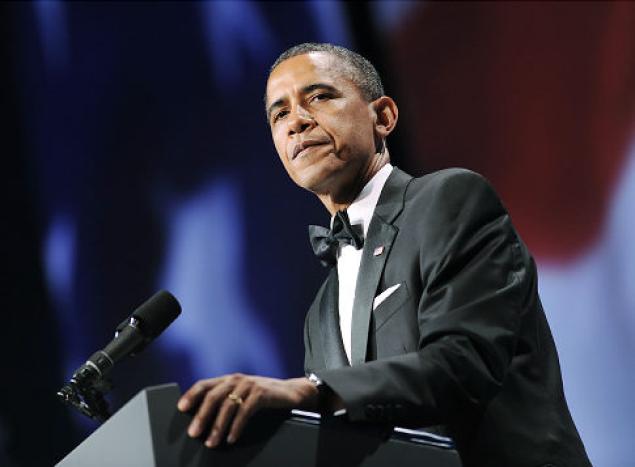Just one year after his surprising election to the papacy, Pope John Paul II traveled to Central America. While standing amidst cheering crowds, a priest suddenly approached and knelt before him. And at that moment, a striking photograph was released to the world.
By that time, Fr. Leonardo Boff was well known within the Holy See. A voracious proponent of Liberation Theology, he and others theorized that this theological movement which sought the overthrow of free-market capitalism had been divinely instituted. At that moment, no person knows exactly what was on the mind of the pope. Nevertheless, one might surmise that he was considering the history of Marxist-inspired economic systems that had been implemented by those who sought to deposit into the rubbish heap economic laws related to supply, demand, and the right to private property. Having lived through certain of these “experiments” (e.g., Soviet Union), the pontiff was acutely aware of their negative outcomes. While spouting ideals of solidarity and an equitable distribution of income, in the end, they delivered neither.
In the post-World War II era, in their search for the anti-capitalist bullet, scores of western nations began to lodge their faith in a belief that public ownership and control, not free-market capitalism, was somehow more humane and sensitive to the needs of the individual person. In an interview for the 2000 documentary, Commanding Heights, Nobel-economist Milton Friedman described the sentiment present at a 1947 meeting of the Mont Pelerin Society:
The point of the meeting was very clear. It was Hayek’s belief, and the belief of other people who joined him there, that freedom was in serious danger. During the war, every country had relied heavily on government to organize the economy, to shift all production toward armaments and military purposes. And you came out of the war with the widespread belief that the war had demonstrated that central planning would work. It reinforced the lesson that had earlier been driven home, supposedly, by Russia. The left in particular, or the intellectuals in general in Britain and the United States, in France, wherever, had interpreted Russia as a successful experiment in central planning. And so there were strong movements everywhere.
In the United States, a democratic sea-change had already been occurring within public policy. Beginning with FDR’s New Deal, this way reached new heights under LBJ’s Great Society. As such, our economic theology had turned toward one of recompense. According to this line of thinking, public pressure needed to be strongly exerted in order to right wrongs and compensate those among us who had been harmed by free-market capitalism. And the name that had been chosen for this public mission?
Fairness.
And the vehicle through which that mission would be carried out?
Public spending.
According to a 2009 Heritage Foundation study by Robert Rector and Katherine Bradley “welfare spending was 13 times greater in FY 2008, after adjusting for inflation, than it was when the War on Poverty started in 1964. Means-tested welfare spending was 1.2 percent of the gross domestic product (GDP) when President Johnson began the War on Poverty. In 2008, it reached 5 percent of GDP.” Nonetheless, despite the creation of numerous agencies, departments and programs, fairness has alluded us, especially when measured through tables generated by the non-partisan Congressional Budget Office. Sadly, even with increased government stimulus and spending aimed at equality and poverty eradication, recent news reveals that 45 million (1 in 7) Americans now find themselves on Food Stamps while half of all U.S. households receive some form of federal assistance. While playing the prophetic role, we may gain wisdom from our observation of economic and social indicators that point to staggering high unemployment, declining labor-force participation rates, unsustainable public pension systems, and growing social unrest. And as we do so, what we will find is that we are beginning to look more like our friends in Greece, Spain, Italy, Portugal, and others across the Euro-zone.
With your finger now wagging in my direction, you declare this to be an unfair comparison. Perhaps. Although I wonder. Do we American patriots continue to embrace productivity, innovation, and the laws of economics that have been revealed to us by past generations? Or have we become, to quote New Jersey Governor Chris Christie, “a people sitting on a couch waiting for a government check?”
Again, you vehemently insist: Unfair!
 Is it unfathomable that Americans could soon turn on their televisions to see a president break this news to the nation?
Is it unfathomable that Americans could soon turn on their televisions to see a president break this news to the nation?
My fellow Americans, our country has entered a debt crisis. Given this, our creditors have asked that we immediately engage in what will now be described as “operation austerity.” As such, effective immediately, I have asked all government agencies to reduce their budgets by 25%...
Unfair? Indeed. And especially to those in greatest need. But for those among us who seek to skirt reason with hopes and dreams, I offer just one final parting. If we continue on this present reckless economic course in which trillion dollar budget deficits have become the norm; in the end, the only trophy we will be handed is catastrophe.








